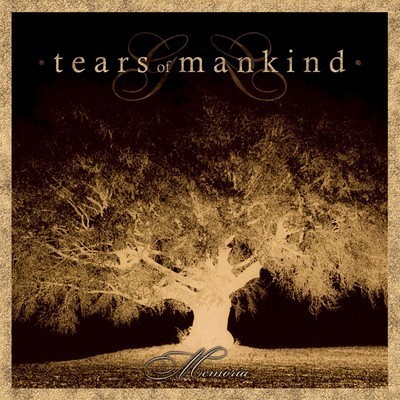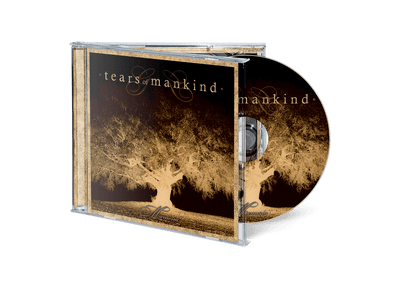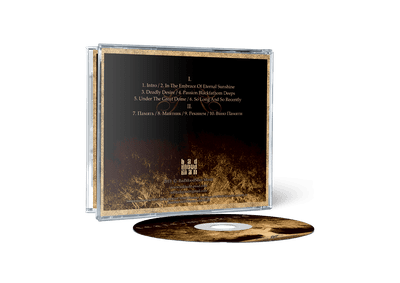Долгожданный четвёртый номерной альбом российской one-man-band Tears Of Mankind. Как всегда, группа представляет разнообразный материал, не закостеневая в каком-либо определённом стиле, а живо и умело варьируя между различными направлениями, стоя на фундаменте dark metal и doom death metal. Новую работу проекта, названную «Memoria», можно назвать концептуальным альбом, через все треки которого проходит одна общая идея памяти и личностных переживаний, основанных на воспоминаниях. При этом альбом разделён на две части: в первой, основной, англоязычный материал преподнесён в тяжёлом ключе; во второй, более лиричной части, русскоязычные тексты положены на более атмосферную музыку, не выходящую при этом за рамки metal-направления. И, одним из самых главных и сильных сторон альбома, конечно, по-прежнему, остаётся характерная для Tears Of Mankind мелодичность и чувственность.
Треклист:
I.
1 Intro 1:11
2 In The Embrace Of Eternal Sunshine 8:11
3 Deadly Desire 7:46
4 Passion Blackfathom Deeps 8:26
5 Under The Great Dome 6:49
6 So Long And So Recently 8:21
II.
7 Память 5:57
8 Маятник 3:44
9 Реквием 4:42
10 Вино Памяти 7:22
Артист:
Tears Of Mankind
Страна артиста:
Russia
Год альбома:
2011
Название:
Memoria
Стиль:
dark metal / doom death
Формат:
Compact Disk
Тип:
CD
Упаковка:
Jewel Case
Лейбл:
BadMoodMan Music
Кат. номер:
BMM. 046-11
Год издания:
2011
Страна-производитель:
Russia
























































